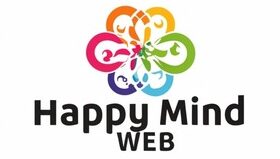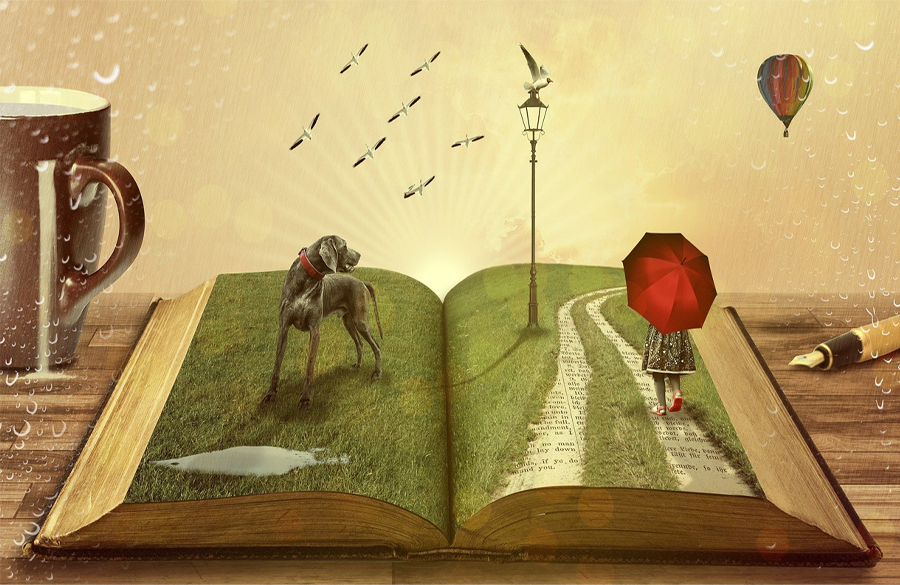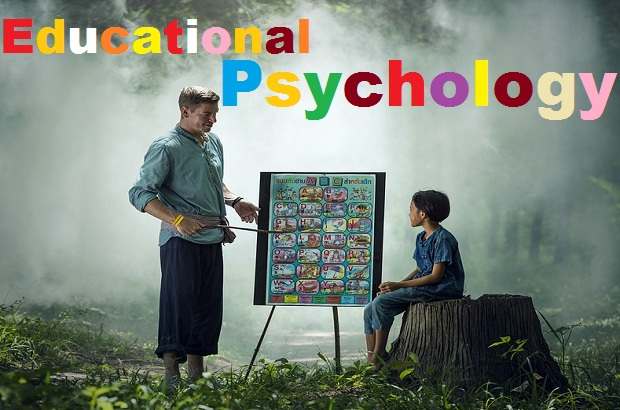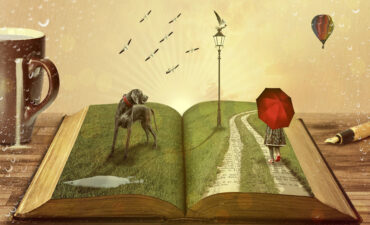Literature is a timeless art form that has captivated and inspired individuals for centuries. It encompasses a vast body of written works, including novels, poetry, plays, and essays, that offer a profound reflection of the human experience. Literature holds a special place in the realm of education, as it not only entertains but also enriches our minds, expands our perspectives, and cultivates critical thinking skills. In this article, we’ll delve into the world of literature, explore its significance in education, and discuss the benefits of engaging with literary works.
Literature as a Window to the Human Experience
Literature provides a window into the human experience, allowing us to explore diverse cultures, historical periods, and the inner lives of characters. It presents us with stories, themes, and ideas that resonate across time and place. Through literature, we can gain insights into the complexities of human emotions, relationships, and the broader societal, political, and philosophical issues that shape our world.
Promoting Critical Thinking and Analysis
Engaging with literature fosters critical thinking skills, as readers are encouraged to analyze, interpret, and evaluate the text. Literary works often present complex narratives, intricate characterizations, and layered themes that require careful examination. By critically analyzing literature, students develop the ability to interpret symbolism, identify narrative techniques, recognize literary devices, and make connections to broader themes and contexts.
Enhancing Communication and Language Skills
Reading and studying literature enhances communication and language skills. Literary works expose readers to a rich vocabulary, diverse writing styles, and varied narrative structures. Engaging with different genres and authors cultivates language proficiency, expands vocabulary, and improves reading comprehension. Moreover, literature can inspire creativity and encourage individuals to express themselves through writing and verbal communication.
Cultivating Empathy and Emotional Intelligence
Literature has the power to evoke empathy and develop emotional intelligence. Through the experiences of the characters, readers gain insight into different perspectives, cultures, and lived realities. By empathizing with literary characters, students develop a greater understanding of human emotions, motivations, and struggles. This empathy extends beyond the pages of a book and fosters compassion and understanding in real-life interactions.
Exploring Historical and Cultural Contexts
Literature provides a lens through which we can explore historical and cultural contexts. Literary works often reflect the values, beliefs, and social issues prevalent during the time they were written. Studying literature from various periods and cultures allows students to gain a deeper appreciation of the social, political, and cultural forces that shape societies. It offers a unique perspective on history, enabling us to understand the past and its impact on the present.
Fostering Imagination and Creativity
Literature stimulates the imagination and fosters creativity. By immersing ourselves in the vivid descriptions, compelling narratives, and imaginative worlds created by authors, we are transported to new realms and encouraged to think beyond the confines of our everyday lives. Literature sparks curiosity, encourages speculation, and inspires individuals to explore new ideas and possibilities.
Appreciating Aesthetic Beauty and Artistry
Literature is an art form that celebrates the beauty of language and storytelling. Through the skillful use of language, writers create vivid imagery, evoke emotions, and craft narratives that resonate with readers. The appreciation of literary aesthetics enhances our understanding of the power of words and the artistry involved in crafting impactful and engaging narratives.
Conclusion
Literature holds a special place in education and human culture. It enriches our lives, broadens our perspectives, and nurtures our intellect and emotions. Through literature, we engage with timeless themes, diverse voices, and the complexities of the human experience. By fostering critical thinking, enhancing communication skills, and promoting empathy and cultural understanding, literature plays a vital role in education. It ignites our imagination, encourages creativity, and instills a lifelong love of reading and learning. Let us embrace the power of literature, for it has the ability to shape and transform lives in profound ways.









